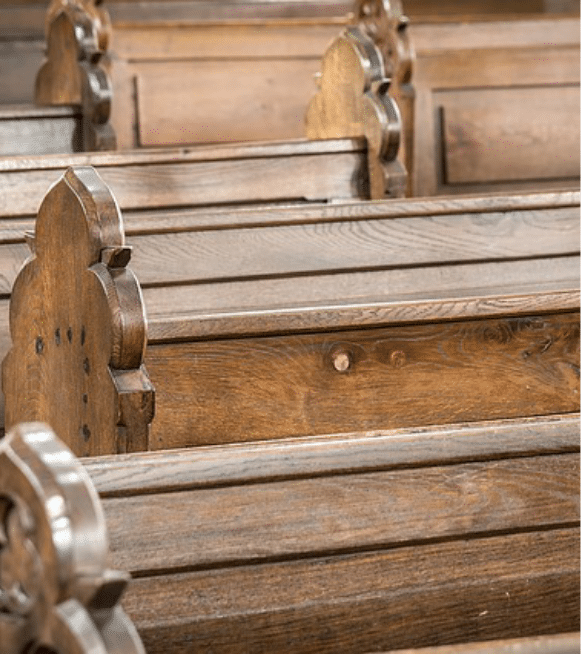Now, with the mythical “constitutional right to abort” revealed and reversed, an important social divide has become clearer than it has in many decades. Progressives see sex as recreational; traditionalists see it as procreational. In the recreational view, when a woman conceives a child, it often means something has gone wrong. In this view, sex serves to bring adults pleasure. Pregnancy, childbirth, and child-rearing carry their fair share of unpleasantness to be avoided.
In the procreational view of sex, when a woman conceives, something has assuredly gone right. One of the natural ends of the conjugal union is new life, and when a woman becomes pregnant, it means nature has correctly run its course. Obviously, God designed this, and even nonbelievers used to assent to this universal reality. Marriage before sex—true commitment with various legal protections, social expectations, and religious guidance—is not only ethical but logical. In the procreative view, fornication proves not only immoral but stupid. Babies and mothers need the safety and security of matrimony. Of course, this view would also see the utter chaos involved in no-fault divorce policies, in which one party can unilaterally abandon the family. The procreational view harmonizes with nature. But technology and technique have worked to hide and suppress what humanity has known before recorded history. And a slice of that hellbent mission of forgetfulness includes murdering inconvenient people instead of taking care of them.
But care for people we must. We assuredly have obligations and duties to our neighbors. As a culture, we no longer laud the fulfillment of these things as we should, nor do we properly dishonor their neglect. This gets to an important point. Who will care for expectant mothers?
Read more at WORLD Opinions.
St. Jude's Anglican Church
We are a parish of the Reformed Episcopal Church. We have been worshiping together in the greater Richmond area for over a decade. We’d love to have you join us for Christian worship in the rich Anglican tradition.




